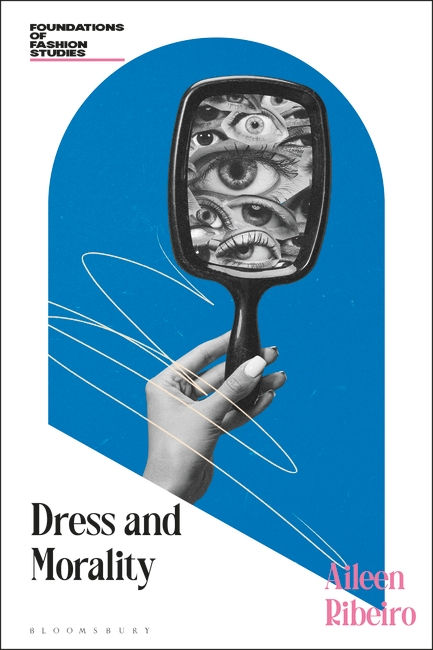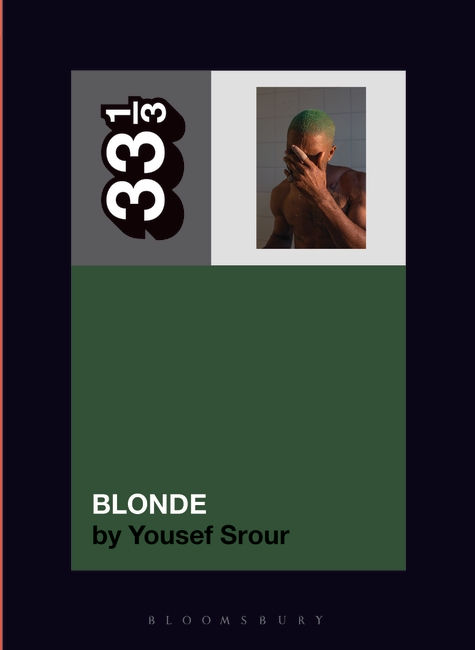Wong Kar-wai's In the Mood for Love (2000) is a film that luxuriates in the feeling of being in love – without ever turning into a love story. Its central characters, Mr Chow and Mrs Chan, are tenants in next-door apartments in Hong Kong who discover that their respective spouses are having an affair. As they try to make sense of their partners' behaviour, they also struggle to control their growing feelings for each other. Hailed by the press as 'the consummate unconsummated love story of the new millennium', this film about desire repressed has become a firmly established classic of the twenty-first century. In his sharp and revealing analysis of In the Mood for Love, Tony Rayns draws on his considerable expertise in East Asian cinema and on his proximity to Wong Kar-wai and his colleagues at production company Jet Tone during the film's long and complicated genesis. He delivers a personal and highly original commentary on the film and its production, complete with insights into Wong's idiosyncratic working methods and influences. He also places the film in the context of Wong's other work, with sidelights on its place in Hong Kong cinema as a whole. This new edition features an afterword by the author, looking back on In the Mood for Love 25 years after its first release.
In the Mood for Love
Tony Rayns
A study of Wong Kar-wai's sensuous masterpiece, In the Mood for Love (2000) in the BFI Film Classics series.
Rights Sold
Chinese Simplified
Chinese Simplified and Complex rights exclusively represented by Bardon Agency
Book Details
Imprint: British Film Institute
Publication Date: 12-06-2025
Format: Paperback | BFI Film Classics Format | 104 pagesAbout the Author
Tony Rayns is a London-based filmmaker, critic and festival programmer with a special interest in the film cultures of East Asia. His writings appear in Sight & Sound, Film Comment, Artforum, Cine 21 and other periodicals. His previous publications include books on Fassbinder and on Chinese, Korean and Japanese cinema, and he has contributed lengthy essays to studies of Apichatpong Weerasethakul, Garin Nugroho, Edward Yang and Jia Zhangke. He has recorded commentaries on films for Criterion, Masters of Cinema and other DVD/Blu-ray labels. His own films include the documentaries New Chinese Cinema, The Jang Sunwoo Variations and Jang Sunwoo in November.
Material Available

















